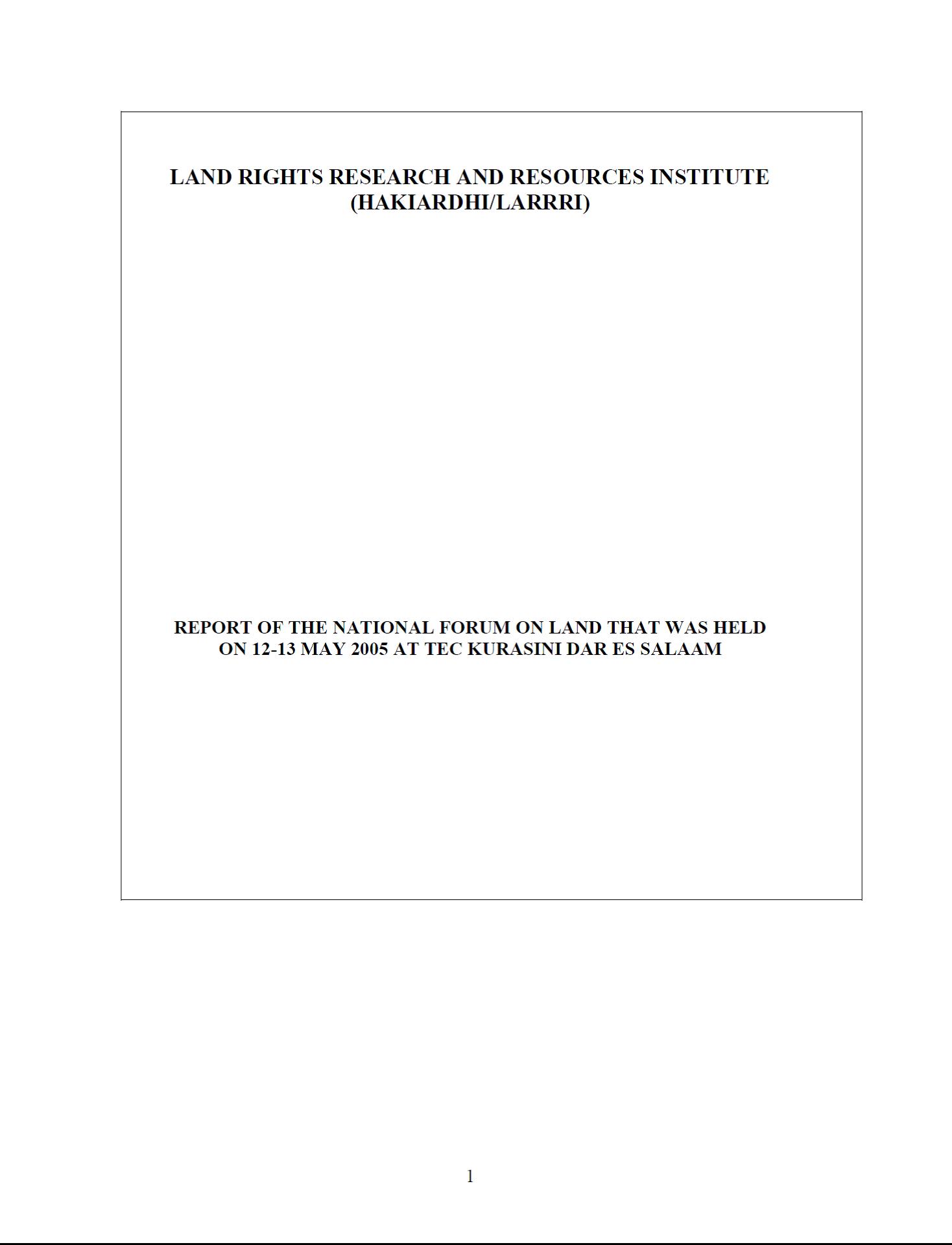The Hindu Succession (Amendment) Act, 2005
This Hindu Succession Act Amendment made in 2005 was to grant, among others, rights to women to inherit agricultural land of the parents and husband. Under this amendment the daughters, including married daughters, are coparceners in joint family property, with the same birth right as sons, to share, claim partition, and (by presumption) to become karta (managers), while also sharing the liabilities. This would be applicable for Hindus, Sikhs, Buddhists and Jains religious communities of India.







